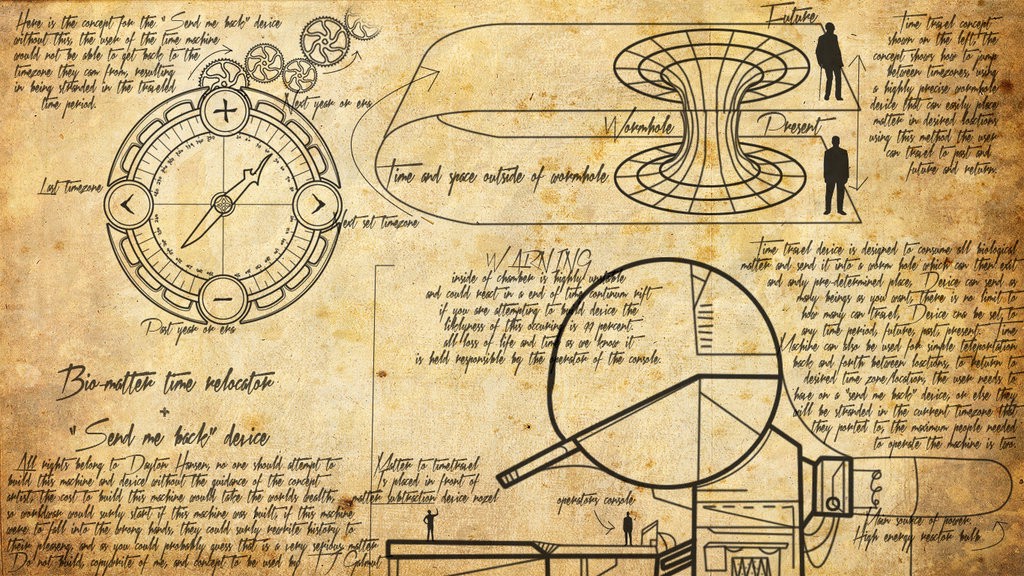The attitude of Hindus towards religion and spirituality has always been one of seeking and inquiring, and not one of dogmatic assertion. This approach is the basis of a scientific and open-mind outlook, and is complemented by two other concepts – the cyclic nature of time, and the detailed requirements of proof or evidence.
All schools of Hinduism enable open enquiry and debate. Debates have been a time-honoured tradition, with different books even defining the types of debates and the rules to judge them. One such book widely used for centuries are the Nyayasutras or the Text of Justice, composed by Sage Gautama, perhaps around 400 BCE, though a specific dating is not available.
All topics are open for discussion in the Hindu tradition, and have been debated through the ages, from the origin of the Universe to even concepts like the existence of the Aatman, often translated as “Soul”. The Upanishads also exhibit the same spirit of inquiry, generally starting with a question.
The absence of absolute dogmas and a continuous evaluation of spiritual and physical concepts is the basis of the scientific temperament that defines Hinduism. This has influenced the growth of fields like astronomy, mathematics, logic, medicine, grammar, architecture and more in ancient India.
